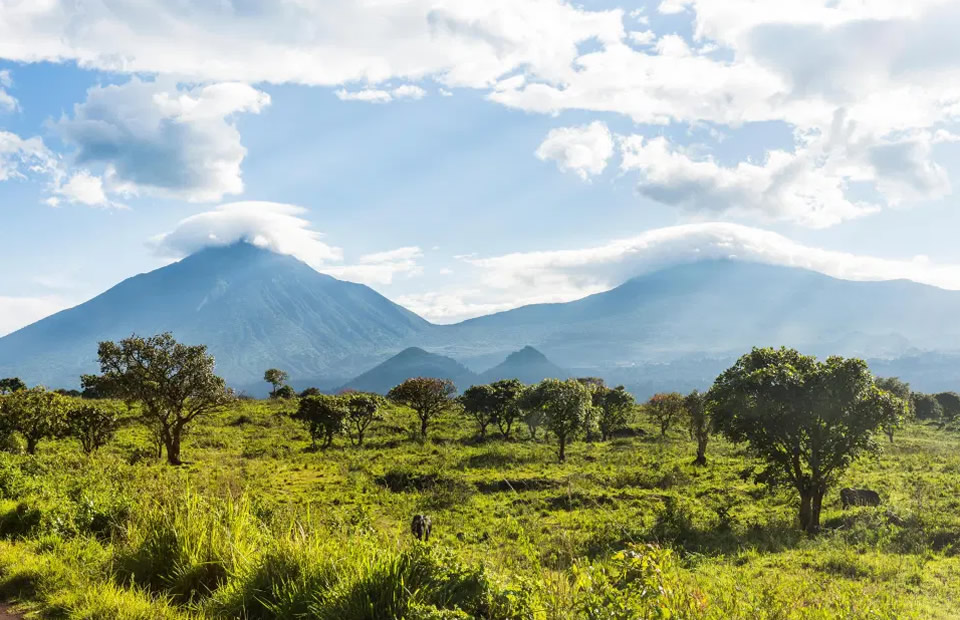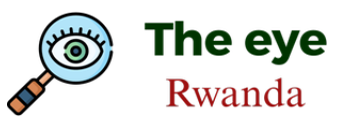
New initiative to Help Hearing-impaired Travellers to Virunga Volcanoes
A new initiative that aims to tackle the myriad of problems faced by deaf and partially deaf travellers to the Virunga Massif, a chain of eight volcanic mountains that straddle Rwanda, Uganda and DR Congo, has been launched in Goma, the chief city of DR Congo’s Eastern Province. The Virunga Massif is best known as the only home to the world’s remaining mountain gorillas, which are estimated to be numbering about 1,000 individuals.
The new programme, under the auspices of the Goma-based Virunga Community Programmes, is a collaboration between the former, Red Rocks Cultural Centre in Rwanda, Amani Safaris in DR Congo, as well as the African Sign Language Interpreters and Translations Agency (AITA) in Uganda.
According to Francis Ndagijimana, the coordinator of Virunga Community Programmes, the key aim of the initiative is to encourage the hearing impaired and hard hearing visitors to be integrated in conservation programmes and supportive efforts in community development programmes in Rwanda, Uganda and DR Congo.
“The deaf face many problems cutting across all sectors of social, economic and cultural development. It’s time for those who care to stand up and care about their plight. Our programme is going to address many problems they face and ensure they enjoy what nature has to offer just like everyone else,” Ndagijimana said.
He adds that they have rolled out a host of initiatives to help facilitate the success of the programme, including training of tour guides in local sign language to help hearing impaired tourists enjoy the bounty of nature around the Virunga Massif just like any other person.
Ndagijimana affirms that people with disabilities like the deaf have similar motivations to travel as the rest of the population, but several tourists with disabilities face barriers to tourism participation, particularly in cultural, social and physical environments.
“The guides we train in local sign language will be specifically responsible to act as translators between the deaf tourists and locals, and we hope that this will eventually create some mutual understanding between the community around the Virunga Massif and visitors. Both parties have a lot to gain from each other,” he says.
Ndagijimana says that the programme recognises that tourism plays a key role in the wider economic, social and cultural development, and it has its own set of sectoral responses to the deaf that must be understood in each country’s cultural context.
The programme, according to Ndagijimana, also aims to encourage hearing impaired visitors to fully participate in community development and social interactions.
“Among our core objectives also includes acquisition of assistive devices for the deaf and partially deaf locals and tourists,” he adds.
According to the DR Congo National Union of the Deaf (DRCNUD), deaf people in the Virunga Massif face a complex web of problems, ranging from social, economic, cultural and developmental difficulties, negative attitudes by society towards deaf people, as well as communication barriers. Poverty further degrades deaf people’s attainment of dignity and unity and access to jobs and education in their communities and this limits their full enjoyment of the fundamental human rights entitled to all human beings.
DRCNUD was established by the deaf after realizing that their needs and concerns were ignored by the wider society.
“We can longer bury our heads in the sand like the proverbial ostrich and pretend that deaf people have nothing of significance to contribute to the society. The societal stigma associated with being deaf should be a thing of the past,” Ndagijimana says, adding that his organization also aims to provide assistance to deaf schools of Goma in DRC, Cyanika School of the Deaf in Uganda, and Musanze School of the Deaf in Rwanda through purchase of scholastic materials peculiar to the deaf.
The programme is also going to provide material assistance to hearing impaired children between the ages of 5-16 to go to school and provide health insurance to hearing impaired kids.
Greg Bakunzi, the founder of Red Rocks Cultural Centre in Nyakinama village, Musanze district, northern Rwanda, says the new initiative is going to help deaf tourists not to feel left out of what the tourism industry has to offer around the Virunga Massif.
“I have been in the tourism industry for several years but there are unique problem deaf tourists face. Surely, something must be done,” says Bakunzi, who is also the founder and managing director of Musanze-based Amahoro Tours, one of the biggest tour companies in Rwanda.
